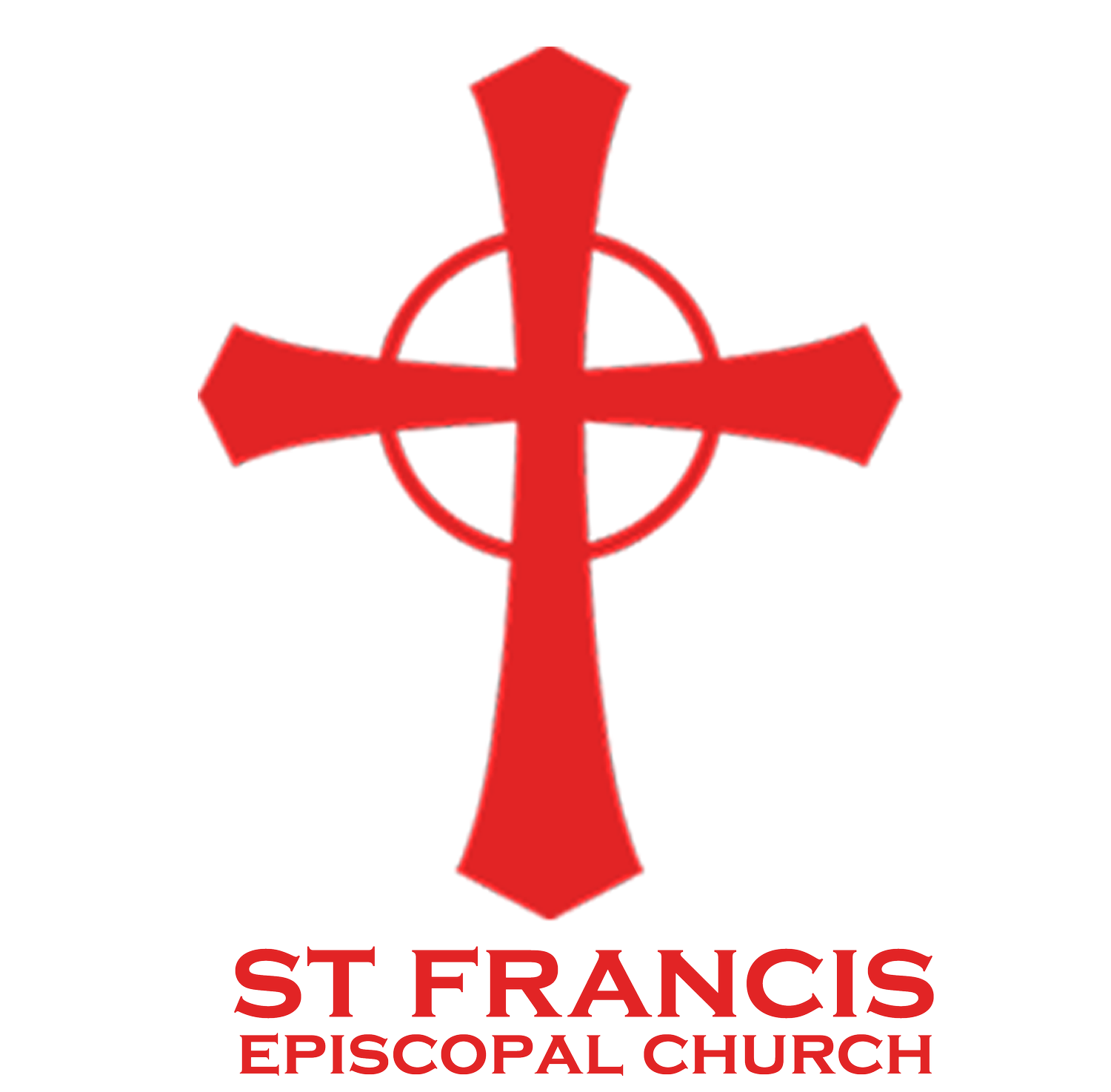A Voice Calls
O God, whose Son Jesus is the good shepherd of your people: Grant that when we hear his voice we may know him who calls us each by name, and follow where he leads.
—Collect for the Fourth Sunday of Easter, BCP p. 225
We are connected to God. It’s a connection that gets even better when the shepherd of God’s people gets involved and calls us each by name. The connection we have with the Good Shepherd makes us different people. The more we hear this inner voice of Christ, the more Christ-likeness manifests in us.
When the Risen Christ appeared to the early followers, and when the Holy Spirit at length lighted upon them and empowered them, they manifested the life of the Spirit within them. In the Acts of the Apostles, Saint Luke describes the early church:
Awe came upon everyone, because many wonders and signs were being done by the apostles. Day by day, as they spent much time together in the temple, they broke bread at home and ate their food with glad and generous hearts, praising God and having the goodwill of all the people. And day by day the Lord added to their number those who were being saved. — Acts 2:43, 46-47
We hear that “wonders and signs were being done by the apostles,” and among the signs were healings and transformed hearts. All through the seven-week season of Easter, we look again at the picture in Acts—the infant church—the believing community, empowered by the Spirit. We should also absorb that this picture can be recapitulated in our own experience. The Shepherd calls us each by name; when we hear we can follow where he leads. We are led to pray for one another and see healing and transformed spirits.
I do not believe the miracles of the New Testament belong to a dispensation of the Spirit different than our own. I believe the Spirit operates among us strong as ever—that wonders and signs are to be experienced now.
When I was a very new priest, thirty-eight years ago, I worked for a priest named Allen Whitman. He was a seasoned man with many gifts. After service with the U.S. Army in France in WW II, he got his theological training, then sequentially served three churches in The Diocese of Minnesota, then a parish in Kansas City, and finally two churches in Texas. In addition to all his varied work in the Church, he gave attention to healing ministry. When he brought me on at Holy Trinity, Midland, I noted his emphasis on the work of the Holy Spirit for healing.
During the Fifty Days of Easter, Fr. Allan added Wednesday Noon Eucharists to the worship offerings. At this Eucharist, he offered the sacrament of Unction for healing. He was familiar with the approach of writer Agnes Sanford who taught effectively about the way God provides the power of healing.
Sanford taught much about it, including a quite simple four-part process: 1. We connect with God, laying aside our worries and cares, quieting our minds, and turning to the reality of God; 2. We connect with this divine life asking for God’s life-giving power; 3. We believe that this power is coming into use, accepting it by faith, and saying something simple like, “Thank you that your life is now coming into me, increasing life in my spirit, mind, and body,” 4. We observe the operations of that light and life.
In her life, Agnes Sanford saw many wonders and signs take place, astonishing examples of healing. She writes in her book, The Healing Light:
God does not break the laws of nature; God’s intervention is the super-imposition of a higher law of life over a lower law of life. Thus, it is the fulfillment of the laws of nature. If one thinks of a miracle not as a breaking of God’s laws but as His own using of His laws, then the world is full of miracles.
In our ways, we must explore healing in ourselves and among the people for whom we pray. These are things God wishes to accomplish. Dear people, experiment: switch on the power by prayer and faith, and thank God for the wonders and signs that result.
